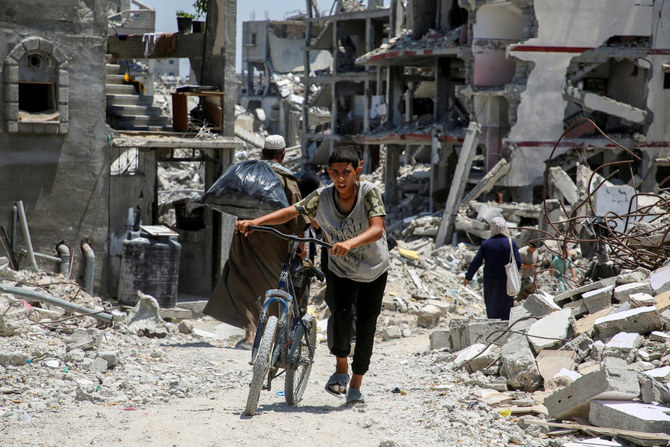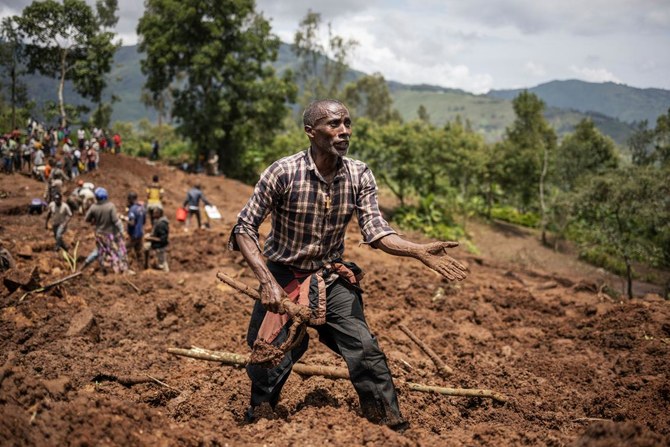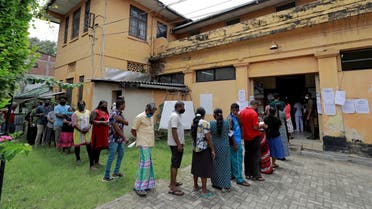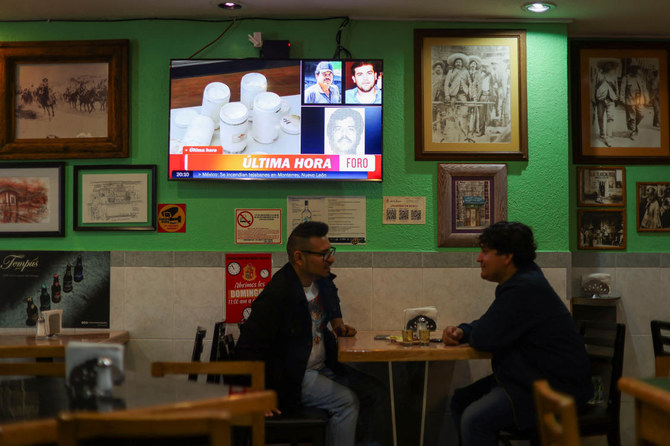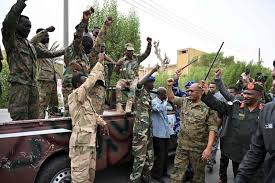
BANGKOK (AP): Myanmar government troops rounded up villagers, some believed to be women and children, fatally shot more than 30 and set the bodies on fire, a witness and other reports said Saturday.
The purported photos of the aftermath of the Christmas Eve massacre in eastern Mo So village, just outside Phruso township where refugees were sheltering from an army offensive, spread on social media in the country, fueling outrage against the military that took power in February.
The accounts could not be independently verified. The photos showed the charred bodies of over 30 people in three burned-out vehicles.
A villager who said he went to the scene told The Associated Press that the victims had fled the fighting between armed resistance groups and Myanmar’s army near Koi Ngan village, which is just beside Mo So, on Friday. He said they were killed after they were arrested by troops while heading to refugee camps in the western part of the township.
The government has not commented on the allegations, but a report in the state-run Myanma Alinn daily newspaper on Saturday said that the fighting near Mo So broke out on Friday when members of ethnic guerrilla forces, known as the Karenni National Progressive Party, and those opposed to the military drove in “suspicious” vehicles and attacked security forces after refusing to stop.
The newspaper report said they included new members who were going to attend training to fight the army, and that the seven vehicles they were traveling in were destroyed in a fire. It gave no further details about the killings.
The witness who spoke to the AP said the remains were burned beyond recognition, and children’s and women’s clothes were found together with medical supplies and food.
“The bodies were tied with ropes before being set on fire,” said the witness, who spoke on condition of anonymity because he feared for his safety.
He did not see the moment they were killed, but said he believed some of them were Mo So villagers who reportedly got arrested by troops on Friday. He denied that those captured were members of locally organized militia groups.
Myanmar’s independent media reported on Friday that 10 Mo So villagers including children were arrested by the army and four members of the local paramilitary Border Guard Forces who went to negotiate for their release were reportedly tied up and shot in the head by the military.
The witness said the villagers and anti-government militia groups left the bodies as military troops arrived near Mo So while the bodies were being prepared for cremation. The fighting was still intense near the village.
“It’s a heinous crime and the worst incident during Christmas. We strongly condemn that massacre as a crime against humanity,” said Banyar Khun Aung, director of the Karenni Human Rights Group.
Earlier this month, government troops were also accused of rounding up villagers, some believed to be children, tying them up and slaughtering them. An opposition leader, Dr. Sasa, who uses only one name, said the civilians were burned alive.
A video of the aftermath of the Dec. 7 assault — apparently retaliation for an attack on a military convoy — showed the charred bodies of 11 people lying in a circle amid what appeared to be the remains of a hut.
Fighting meanwhile resumed Saturday in a neighboring state on the border with Thailand, where thousands of people have fled to seek shelter. Local officials said Myanmar’s military unleashed airstrikes and heavy artillery on Lay Kay Kaw, a small town controlled by ethnic Karen guerrillas, since Friday.
The military’s action prompted multiple Western governments including the U.S. Embassy to issue a joint statement condemning “serious human rights violations committed by the military regime across the country.”
“We call on the regime to immediately cease its indiscriminate attacks in Karen state and throughout the country, and to ensure the safety of all civilians in line with international law,” the joint statement said.
The post Women, children among dozens killed in Myanmar appeared first on The Frontier Post.

